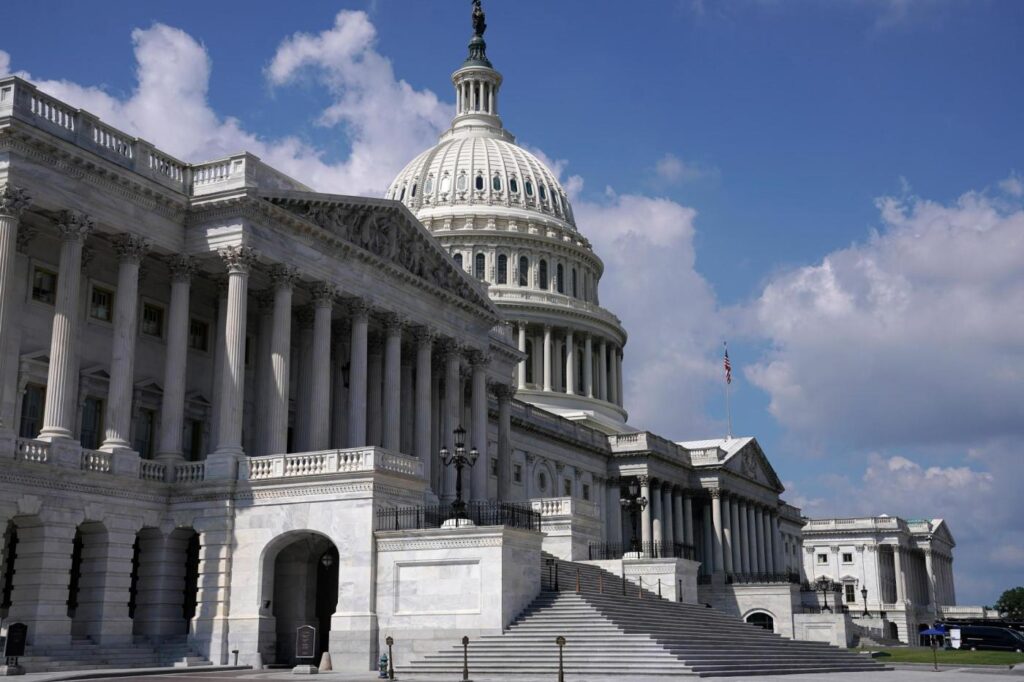
No system of government is perfect. While America’s founders had in mind revolutionary notions of limited government and much individual liberty, and designed a system of governance intended to secure personal rights, federal authority in practice has never perfectly adhered to the nation’s founding principles.
On Dec. 18, 77 years ago, the United States Supreme Court regrettably upheld the constitutionality of orders resulting in the mass internment of Japanese Americans in Korematsu v. United States.
In the aftermath of the attack on Pearl Harbor, President Franklin Delano Roosevelt issued Executive Order 9066 authorizing the secretary of war to designate zones “from which any or all persons may be excluded.”
Under this broad authorization, upwards of 120,000 plus people of Japanese descent, most of whom were American citizens, were forcibly deprived of their liberty and interned in concentration camps. To justify this action, the federal government exaggerated the threat posed by potential spies and saboteurs, and ignored evidence to the contrary.
In January 1942, Naval intelligence officer Kenneth Ringle, before Executive Order 9066 was issued, submitted a report arguing most Japanese Americans were loyal to the nation and that potential risks were either already detained or monitored.
“The entire ‘Japanese Problem’ has been magnified out of its true proportion,” he wrote, and “should be handled on the basis of the individual, regardless of citizenship, and not on a racial basis.”
Yet the federal government disregarded this report, disregarded constitutional protections of individual rights and proceeded to treat Japanese Americans as potential threats purely because of their ethnicity.
R.C. Hoiles, publisher of the Orange County Register, bravely condemned this disgraceful action, writing, in October 1942 that “Few, if any, people ever believed that evacuation of the Japanese was constitutional. It was a result of emotion and fright rather than being in harmony with the Constitution and the inherent rights that belong to all citizens.”
Oakland-born Fred Korematsu defied the order and was arrested and jailed for daring to be free. Korematsu challenged the constitutionality of Executive Order 9066, arguing that it violated the due process clause of the Fifth Amendment.
Sadly, a majority of the Supreme Court in 1944 upheld the order, accepting the federal government’s claims the order was necessary and justified “because Congress, reposing its confidence in this time of war in our military leaders — as inevitably it must — determined that they should have the power to do just this.”
Justices Frank Murphy, Robert H. Jackson and Owen J. Roberts dissented.
Justice Murphy rightly argued the exclusion “goes over ‘the very brink of constitutional power’ and falls into the ugly abyss of racism.”
It would be decades before the wrongfulness of the order and the court decision were formally recognized.
In 1976, President Gerald Ford issued a proclamation terminating Executive Order 9066. “We now know what we should have known then — not only was that evacuation wrong, but Japanese Americans were and are loyal Americans,” he wrote. It wasn’t until the 1990s that surviving internees would at last be compensated for what happened to them.
This ugly chapter of American history, in which fear and racism were weaponized to violate the rights and dignity of individuals, must never be forgotten. Only by learning from the past can we strive to be a better and more just nation.
A version of this editorial was first published last year.
